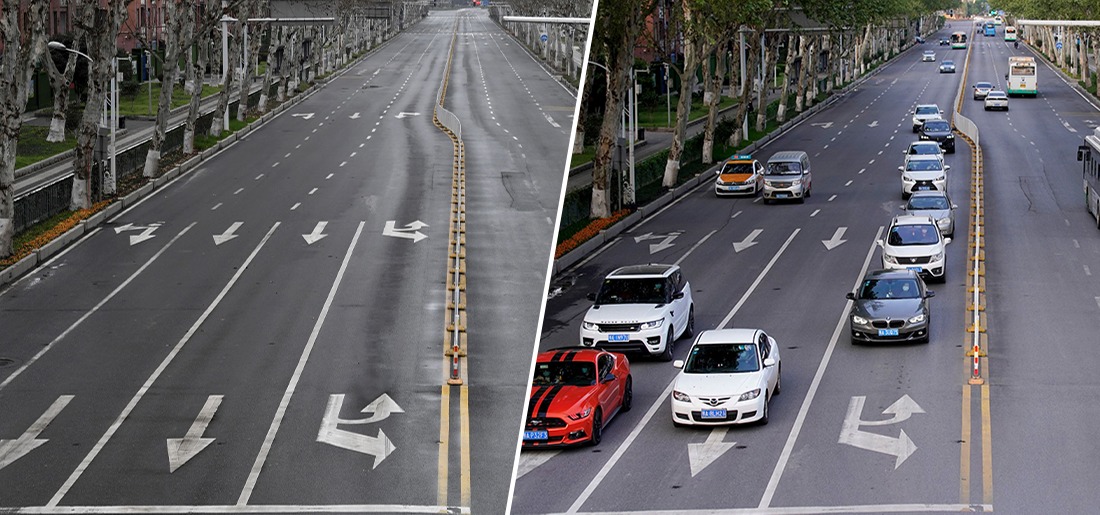

Of course, exposure isn’t possible for high-risk and unvaccinated people: “it’s kind of like diving into the deep end of the pool and you don’t know how to swim – there’s actual danger there,” says Larkin.īut for those who are vaccinated, risk tolerance is a factor. It’s similar to cognitive-behaviour therapy (CBT), a common treatment for obsessive-compulsive disorder, which involves gradually exposing the patient anxiety triggers, to the point where they can live with them. This process, called ‘habituation’ – getting used to something that addresses your anxiety – can be both emotionally and physically uncomfortable, which is why people do it slowly, or don’t do it at all. That’s why he says most of his patients take the ‘dipping’ approach. “Social phobia, snake phobia, OCD – they’re all different types of anxiety disorders that are characterised by developing habits to try and minimise the anxiety,” adds Larkin. In this way, re-entry into post-Covid-19 society isn’t different from overcoming any other anxiety-inducing situation. “Some people choose to ease into the water – and then other people prefer to get on a diving board and get in headfirst,” he says. Larkin likens resuming a pre-pandemic lifestyle – or tackling anything that produces anxiety – to people who either dip their toe hesitantly into a cool pool, or people who hold their breath and dive right in. Still, although it’s seemingly simple to attend an outdoor sporting event when health officials say it’s OK to do so, some people seem to be having an easier time entering the fray. So, it can take effort to find the will and comfort to resume the simple pleasures of reading a book in a café or embracing a friend – no matter how much you long for the hallmarks of life, circa 2019. “We’re not going to forget that experience we went through, but we can control our behaviours going forward,”despite the hardships we’ve collectively endured. The human brain is kind of an additive organ – we add things to it, but we don’t subtract,” says Kevin Larkin, professor of clinical psychology at West Virginia University, US. A study from last week showed that 40% of Britons want to keep wearing masks in shops and on transport permanently, for example. And many people are hesitant to stop preventative behaviours. In the US, the Centers for Disease Control and Prevention found in December 2020 that 42% of Americans suffered from depression or anxiety – a huge increase from the 11% that was recorded prior to the pandemic. So, it’s no surprise that many are finding the pandemic’s effects are indelible.

Additionally, more 100 million people have lost jobs during the pandemic, another trying factor. And many of those who haven’t suffered traumatic losses are also reeling, struggling with ‘long-haul’ Covid symptoms that endure for months. For their loved ones, ‘normal’ might feel like it may never come.

Part of confronting that anxiety means confronting the reality of what happened over the last 16 months.Īs of this writing, nearly 4 million people across the world have died from Covid-19. Health-care practitioners around the world have begun to address and treat the issue. And even though some permanent social effects of Covid-19 are unclear, many people will get to that feeling of ‘normal’ – eventually.įear and trepidation around returning to normal in the Covid-19 era is called ‘ post-pandemic anxiety’ or ‘ re-entry anxiety’. Why is it, amid a mostly re-opened world, that some of us still feel scared and hesitant to embrace the ‘normal’ lifestyle we all craved as we were shut up in our own homes for more than a year? Experts say that for confronting anxiety in general, some people opt for a more gradual approach, and that the post-pandemic age will be no different. Even if you’re vaccinated, it might feel near impossible to revert back to ‘normal’, as though nothing ever happened. It’s so far from what we’ve grown accustomed to over the last year and a half. The best part? It’s all with the blessing of national health agencies (for vaccinated people, at least).Īnd yet, for many, the idea of getting on a packed plane to fly and visit elderly relatives for a holiday filled with hugs seems horrifying. Major sport events are reopening to capacity crowds, indoor restaurants are bustling, people are going on maskless dates and air travel has nearly rebounded to pre-pandemic levels.

Despite how tenuous the state of the world remains, in some ways, life is starting to snap back into pre-pandemic normalcy in countries with high vaccine rates, like the US and UK.


 0 kommentar(er)
0 kommentar(er)
